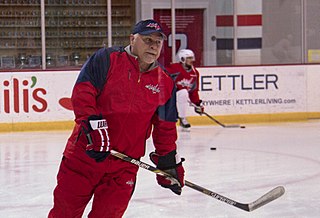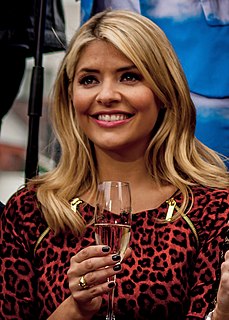A Quote by Freeman Dyson
Biology is now bigger than physics, as measured by the size of budgets, by the size of the workforce, or by the output of major discoveries; and biology is likely to remain the biggest part of science through the twenty-first century.
Related Quotes
I think the one thing that I've experienced with American films is just that the size tends to be so much bigger, the budgets have been bigger, the size of the sets have been bigger, the number of people working on them is bigger, but that's not to say that I haven't been able to get close to people or develop good relationships.
I took biology in high school and didn't like it at all. It was focused on memorization. ... I didn't appreciate that biology also had principles and logic ... [rather than dealing with a] messy thing called life. It just wasn't organized, and I wanted to stick with the nice pristine sciences of chemistry and physics, where everything made sense. I wish I had learned sooner that biology could be fun as well.
That the role of size has been to some degree neglected in biology may lie in its simplicity. Size may be a property that affects all of life, but it seems pallid compared to the matter which makes up life. Yet size is an aspect of the living that plays a remarkable, overreaching role that affects life's matter in all its aspects.
It is ... a sign of the times-though our brothers of physics and chemistry may smile to hear me say so-that biology is now a science in which theories can be devised: theories which lead to predictions and predictions which sometimes turn out to be correct. These facts confirm me in a belief I hold most passionately-that biology is the heir of all the sciences.
The second half of the 20th century was a golden age of molecular biology, and it was one of the golden ages of the history of science. Molecular biology was so successful and made such a powerful alliance with the medical scientists that the two together just flourished. And they continue to flourish.
Even mistaken hypotheses and theories are of use in leading to discoveries. This remark is true in all the sciences. The alchemists founded chemistry by pursuing chimerical problems and theories which are false. In physical science, which is more advanced than biology, we might still cite men of science who make great discoveries by relying on false theories.



































